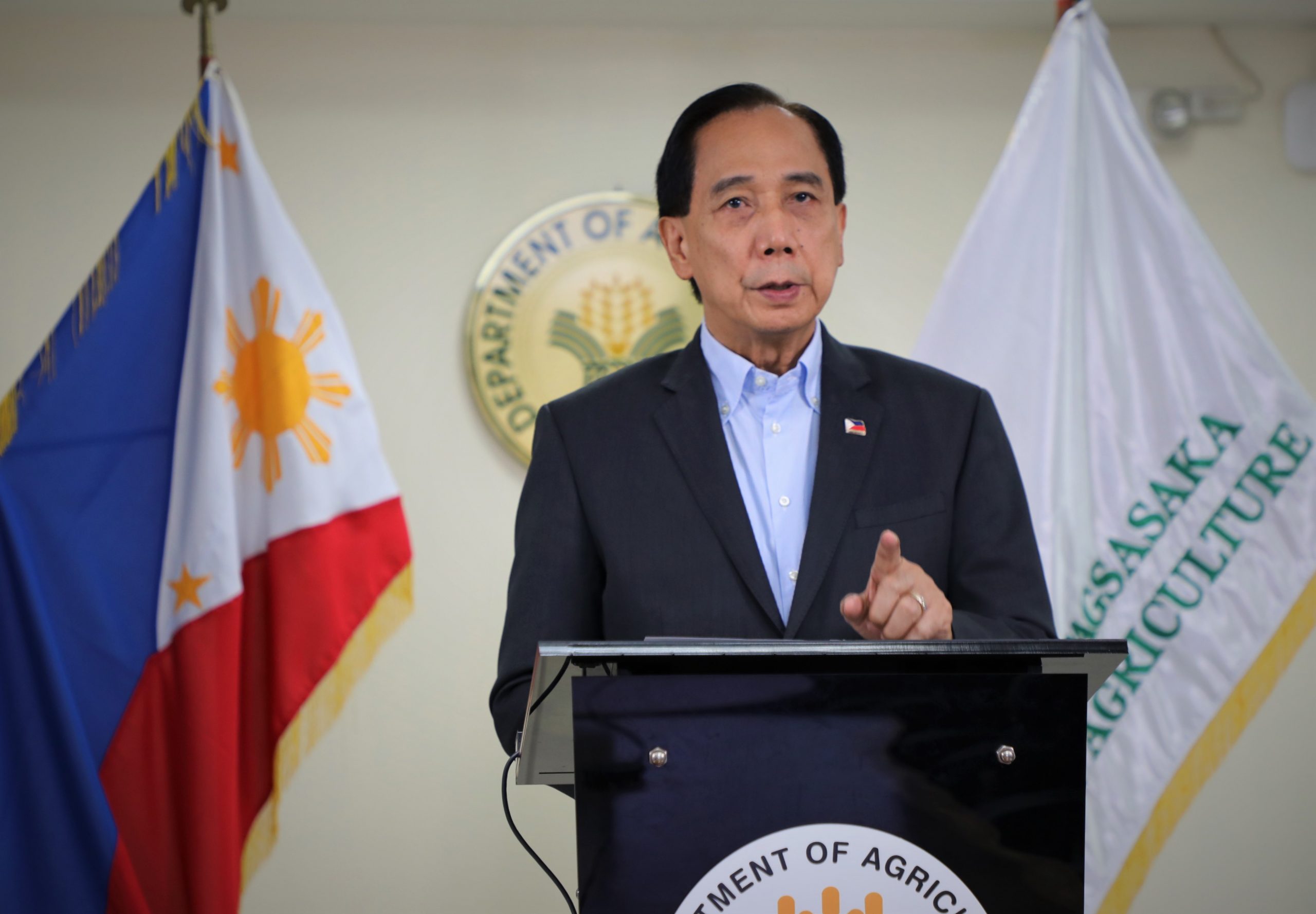
“As modernization and industrialization are two of the four major pillars of the ‘OneDA Reform Agenda,’ the Department of Agriculture will continue to craft and implement needed policies to create and raise capital for the agriculture sector, and foreign direct investments (FDI) are vital to this process.”
Thus, said Agriculture Secretary William Dar, during the virtual 9th Session of the Economic Fora on September 17, 2021, organized by the Department of the Interior and Local Government (DILG) Center for Local and Constitutional Reform with the theme, “Opening the economy for recovery: Role of FDI in the growth of the Philippine agriculture sector.”
“Foreign investments are an integral part of an open and effective global economic system, and a major catalyst for modernization and development,” Secretary Dar said.
“Here is where decisive and immediate action is needed. Many of the laws and policies that currently govern FDI into this country’s agriculture no longer serve the sector’s present needs – unsuited as they are to the requisites of economic growth in a time of national crisis,” he added.
He suggested that government has to review and adjust policies to create an environment that would attract the most favorable foreign investments.
He added that there is also a need to craft a new and more conducive national policy framework to stimulate the flow of resources, and improve government support for the provision of fiscal, financial, technical, or technological investments.
Further, he said there should be a strong effort to build and improve the physical infrastructure and digital connectivity that will make investments in remote and vulnerable areas of the country more viable.
“We must do these imperatives to extend and expand the benefits of foreign investments to local farmers and fishers,” Secretary Dar said.
During the forum, he also highlighted the “OneDA Reform Agenda” anchored on four pillars — consolidation, modernization, industrialization, and professionalization — each with key strategies.
“For the country to have a thriving and competitive manufacturing industry, the agriculture sector must be made more productive, resilient, and competitive,” the DA chief said.
“By working together – and by building the trust and confidence of our friends and allies abroad, I am confident we can fulfill that promise to the fullest,” he added.
The eevent was co-organized by the Center for Research and Communication (CRC), Konrad-Adenauer-Stiftung (KAS) Philippines, The Center for Strategy, Enterprise and Intelligence (CenSEI), Development Academy of the Philippines Graduate School of Public and Development Management (DAP-GSPDM), Philippine Society for Public Administration (PSPA), and Blueprint.PH. ### (Gumamela Celes Bejarin, DA-AFID)














